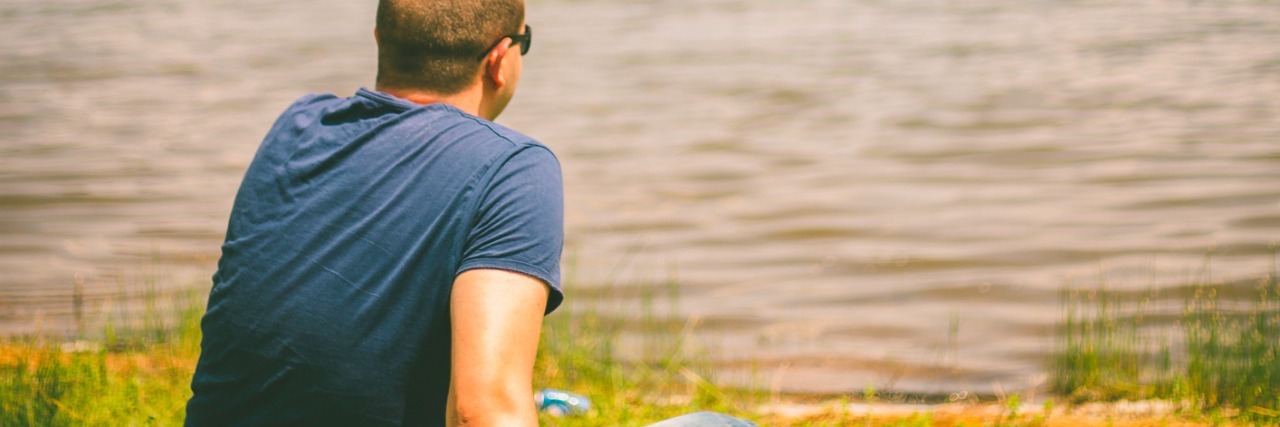I recently came across an article titled “JAK2 V617F Clonal Disorders: Fate or Chance?” in the latest issue of “Blood.” It set my mind drifting back to an old, yet familiar place.
It’s a very useful study for those in the field but unless you are, know or care about someone who is JAK2+ with a resulting myeloproliferative neoplasm (or you have acute insomnia), I wouldn’t suggest reading the piece. However, it basically reaffirmed that my rare blood cancer was environmentally derived, and raised the premise that certain heritable precursors needed to be present in order for the specific genetic mutation to take place.
This was not something I considered at odds to my current understanding – as the old mantra goes, “genetics load the gun but environment pulls the trigger” – but it did remind me of a long-forgotten internal conversation about just how and when I might have run into the environmental “something” that rerouted my life’s journey.
It’s an interesting dilemma.
If someone could tell me exactly what it was that caused my genetic mutation, would I want to know?
Soon after my diagnosis in 2011, I would have given just about anything to find out. In fact, I went to great lengths to do so.
Without documenting that ill-conceived journey here, I landed on what I thought was the answer several times, but the evidence, while quite strong in some scenarios, remained circumstantial. As it turns out, that will always be at the heart of the issue and it soon became apparent that finding out would be of no benefit to me anyway.
What would be the outcome of knowing? Spending the rest of my life in the rearview mirror, looking at all the variables that led me to a certain situation and then ruminating on what my life would look like now if just one of those things had been different?
No. Whatever it was that happened, happened. Time to move on. Nothing to see here.
In reality, it’s no different to the situation we all face in life – the human condition. Life is uncertain and we have far less control over what happens to us than most would care to admit. In fact, holding on to the very idea that we are in control, that we are at the center of everything, is what so often leads to anguish and despair.
Life doesn’t happen to you, it just happens.
There’s nothing quite like a cancer diagnosis to remind you of this, but for me, that’s what it took. And it’s something I have come to be very grateful for.
It led me to some very positive life changes which included going back to study in both environmental science and epigenetics. I now understand how the environment in which we live, plus our thoughts and emotions, can influence our health and wellness right down to the level of gene expression.
From an environmental perspective, sometimes it’s difficult to accept that so many of the toxins in our modern lives are impossible to eliminate. But to me, that simply means managing my own personal space as best I can and then just letting go of the rest. As a good friend once said to me, “you will still breathe in car fumes on your morning walk, but that doesn’t mean you shouldn’t enjoy it, or go and wrap your lips around an exhaust pipe.”
Interesting advice when research suggests the JAK2 mutation can be caused by exposure to benzene (toluene and radiation are implicated as well, so a cigarette contains the trifecta), but the point is well made.
In the end, it brings us back to those pesky “genetic precursors.” We all have chinks in our genetic armor. We are perfectly imperfect, as is the world we live in, and that’s OK.
So I don’t want to know the backstory of how I became JAK2+ anymore. It’s in the past. No more than I want to know the exact specifics surrounding my death at some point in the hopefully distant future. For now, in this moment, let fate and chance playfully manifest themselves. They can do as they please.

